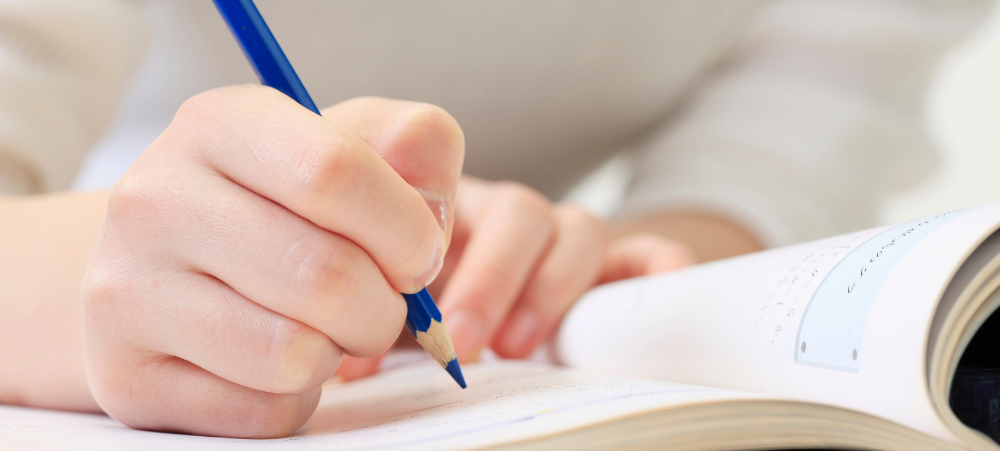I don’t think any of us associate exams with being relaxed, but bringing these two together is the answer to exam success.
You see, when we activate the stress-response in the body, that fight or flight mechanism, we actually decrease the blood supply to our higher thinking functions. See it like this: If you were in the bush, running away from a hungry lion you don’t really need to be able to do calculus at that time – what you need are fast reflexes and pumped muscles. This is the same mechanism in place when we get stressed about exams. The more stressed you are, the less clearly you can think.
This is why I believe that continuous assessment is a much clearer indicator of what kids know and have understood than these highly intense end-of-term exams. But hey, if you’re stuck with them for now, let’s look at what you can do to help your kids through…
Firstly, remove the pressure to excel. Bribing or threatening kids into doing well on their exams is more likely to activate this fight or flight mechanism. Even the way that you speak about the exams can make a difference – be very matter of fact about it – “it’s not a test to see who you are or if you’re a worthy human being (you’d be surprised how many kids believe this at some level) but just a way for the teachers to see how much you’ve learned and if THEY need to improve their teaching methods or help you out in areas that you haven’t understood. And it’s ok if you don’t do well!” Taking this pressure off makes it more likely that they will. And I’m not saying they don’t need to study, they do, but in a stress-free way.
The next thing is to introduce some kind of relaxation exercises into their study routine. Deep breathing is a simple, easy way to de-activate the stress response. Breathe in as you count to 3, hold on the count of 4 and then breathe out to the counts of 5, 6, 7, 8, 9, 10. In other words your out-breath is twice the length of your in-breath. This is a typical breathing pattern used in stress-biofeedback, a medically proven technique for reducing stress and all the negative side-effects that come with it. Take a 5-minute breathing-break for every 30 minutes of studying.
My personal favourite for staying in a relaxed, and therefore beneficial studying state, is to get your brainwaves to a Theta level (4-8 cycles per second / Hz). From the ages of around 2-6 we are predominantly in a Theta state which is why we absorb so much information so easily. I call this the Learning State, and it’s very easy to get back into it. Pick a spot on the wall in front of you above eye level. Stare at this spot intensely until you start to feel a strain on your eyes. Then, while still looking at this spot, expand your vision to include the peripheral vision (ie as far as you can see to either side while still staring at your spot). Then you can look back down (at your study material or teacher) but keep a constant awareness of the periphery.
When we are stressed (the lion is chasing us) we tend to be very focused on our foveal/central vision – one small spot in front of us. When we’re relaxed (reclining on the porch of our beach house), we tend to open up our vision to include the whole scenery. So by getting into the relaxed Learning State, we “trick” our bodies and minds into believing we are relaxed, and we open up to much more information.
Staying in the Learning State while learning and while writing exams is a simple and effective trick for marrying exams and relaxation for best effect.
Good luck and stay calm!
We understand that there are many aspects that encompass a Mother, Father or Child and strive toward providing resources and services that accommodates this.
Our content is aimed to inform and educate families on issues starting from pregnancy through to the challenges of the teen-age years.
- Say Hello to the Ultimate Holiday Brunch Bite - December 17, 2025
- Tiny Toons Looniversity Returns: Meet the Voice Behind Plucky and Hamton! - December 12, 2025
- From Pain to Possibility: Panado®’s New Marketing Campaign, Highlights The Joy Of Pain Relief - December 10, 2025





